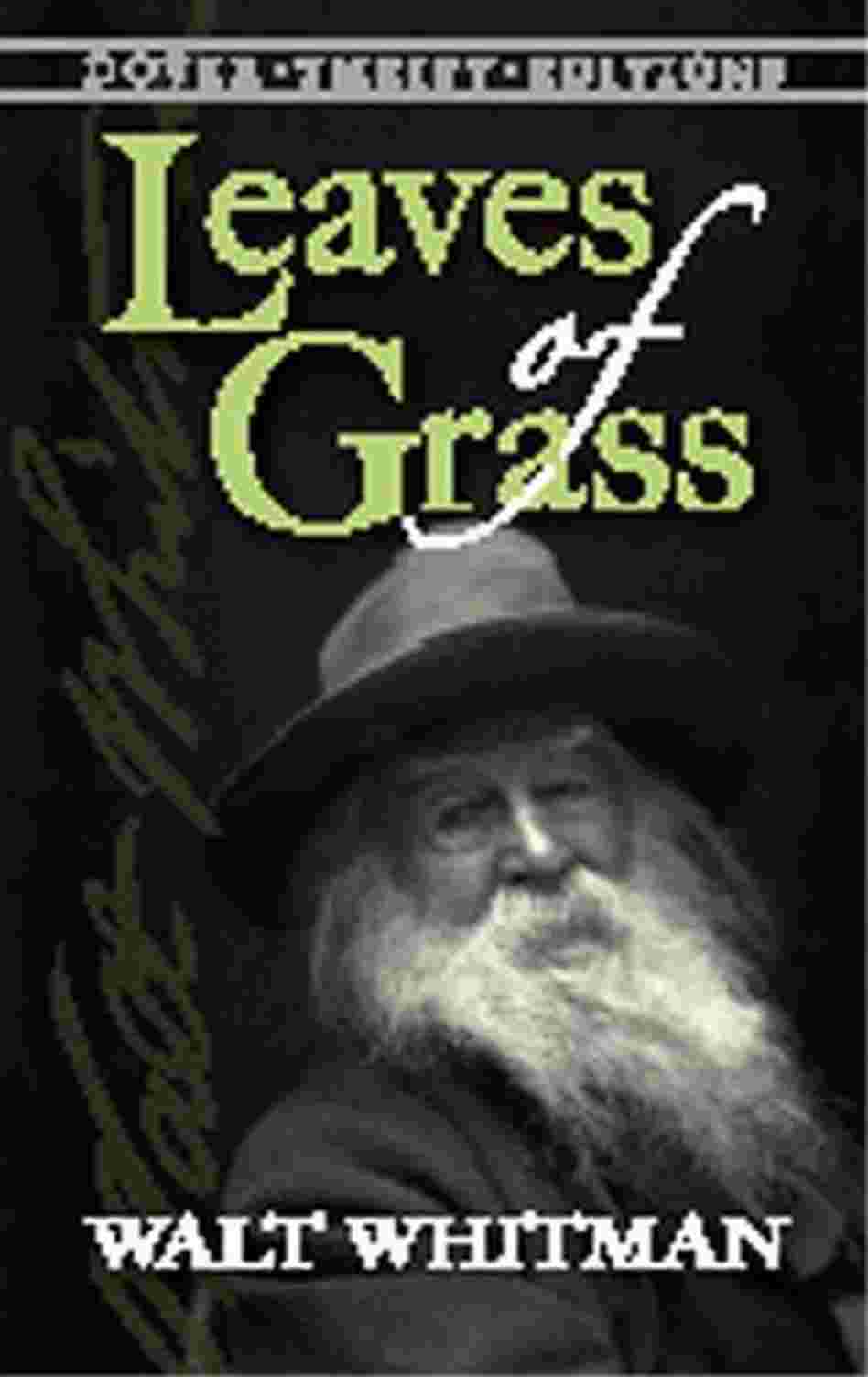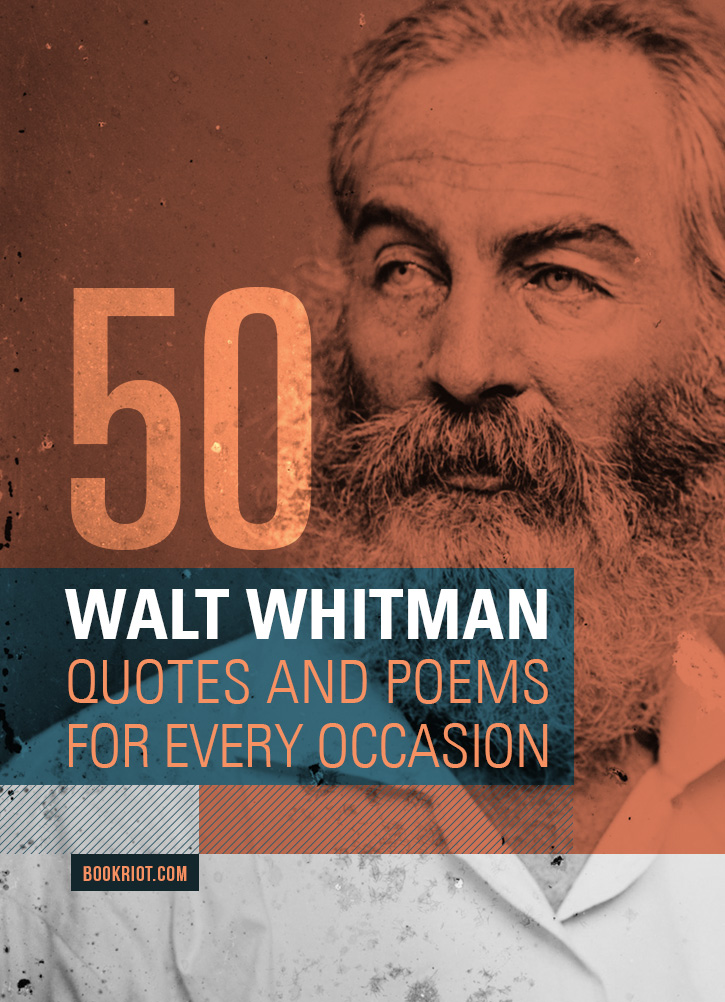

A 36-second clip of this poem, recorded on a wax cylinder, is available online at the Whitman archive. Famous poems from the "Deathbed" edition include two poems written to memorialize President Lincoln: " When Lilacs Last in the Door-yard Bloom'd" and " O Captain! My Captain!" as well as " Out of the Cradle Endlessly Rocking," " Whoever You Are Holding Me Now in Hand," and " America," which is the poem that Whitman chose to record lines from in his own voice. The version left in 1892, at the time of his death, contained 383 poems, in fourteen sprawling sections: "Inscriptions," "Children of Adam," "Calamus," "Birds of Passage," "Sea-Drift," "By the Roadside," "Drum Taps," "Memories of President Lincoln," "Autumn Rivulets," "Whispers of Heavenly Death," "From Noon to Starry Night," "Songs of Parting," "First Annex: Sands at Seventy," and "Second Annex: Good-bye My Fancy." Each section is self-contained, as if it were a book in itself.

Over the course of his life, Whitman continued to rework and enlarge the volume, publishing several more editions of the book. The letter from Emerson included the now famous line: "I greet you at the beginning of a great career."Ī year later, in 1856, Whitman released a second edition of the book with a total of thirty-three poems. Upon publication, he sent a copy to Ralph Waldo Emerson, who praised it so highly that Whitman reprinted the letter in subsequent editions-without obtaining Emerson's permission. It contains such notable lines as "I am large, I contain multitudes" and "I bequeath myself to the dirt to grow from the grass I love, / If you want me again look for me under your boot-soles." Well-known poems in the 1855 edition include " I Sing the Body Electric," " The Sleepers," and " Song of Myself," a long poem in fifty-two sections, which is considered by many to be his masterpiece. He designed the cover, and typeset and paid for the printing of the book himself. Certainly nothing in his past could have predicted it." By some fortunate conversion of mysticism, talent, and singular vision of humanity, in 1855, Walt Whitman published his first edition of Leaves of Grass, a slim volume consisting of twelve untitled poems and a preface. McClatchy calls Walt Whitman’s vision "mystical" and "too uncanny to have resulted from mere literary musings." McClatchy writes, "No one has been able to adequately describe how Walter Whitman came to write his book.

In a celebratory article in the New York Sun, poet J. On July 4, 2005, we will celebrate the 150th anniversary of what is possibly the greatest book of American poetry ever written. Download the entire Walt Whitman Reading Guide as an Adobe Acrobat pdf file.


 0 kommentar(er)
0 kommentar(er)
